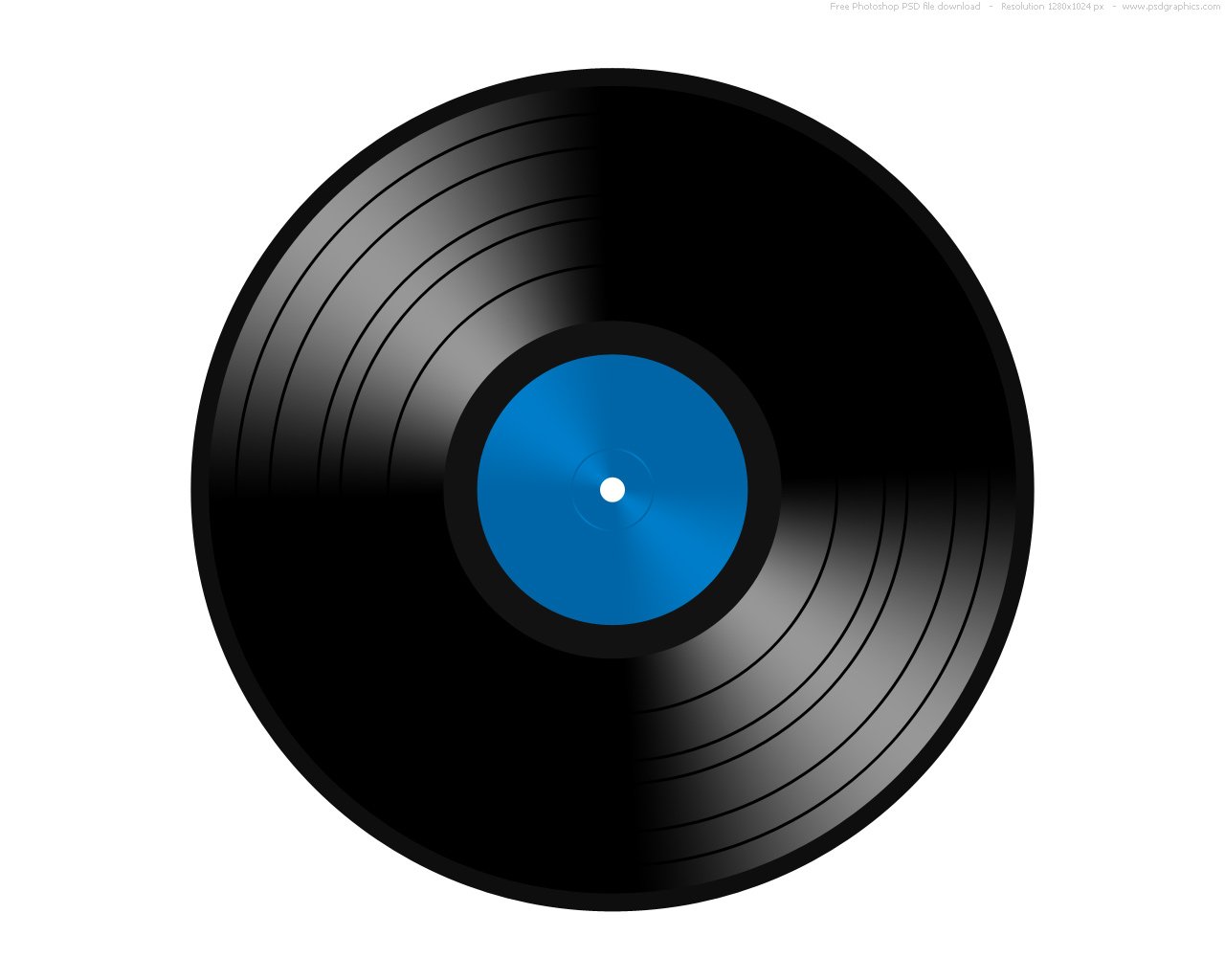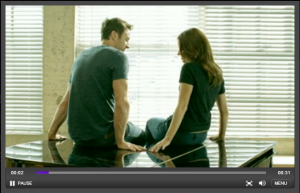It’s a really special time in United States culture this weekend, Thanksgiving. While most of the folks reading this will be preparing for a turkey dinner with family and friends, a lot of my readers across the globe will be carrying on with their lives as normal.
Either way I hope you’ll find today’s thought interesting and useful.
Many times when talking to artists I hear “I really want to get my music on TV.”
It’s awesome and I love it. It means they’ve done some homework and have discovered music licensing. They’re starting the arduous but rewarding path it presents.
It’s a long journey, equally frustrating and inspiring – this is true whether its your own music, someone else’s catalog, or your new role working in the music industry.
Today it’s important to remember how incredible it is to be able to focus on something like music licensing, no matter how challenging it gets, instead of having to worry about basic needs like food and shelter.
It’s very easy to tell ourselves a story about how difficult things are, but this really just boils down to an excuse we use to pardon ourselves from doing the work.
Today, give thanks – among all the other great things in our lives – for challenges, inspiration, success, and learning experiences (sometimes called failures).
The more we treat obstacles as opportunities, the more likely we are to accomplish real goals.






